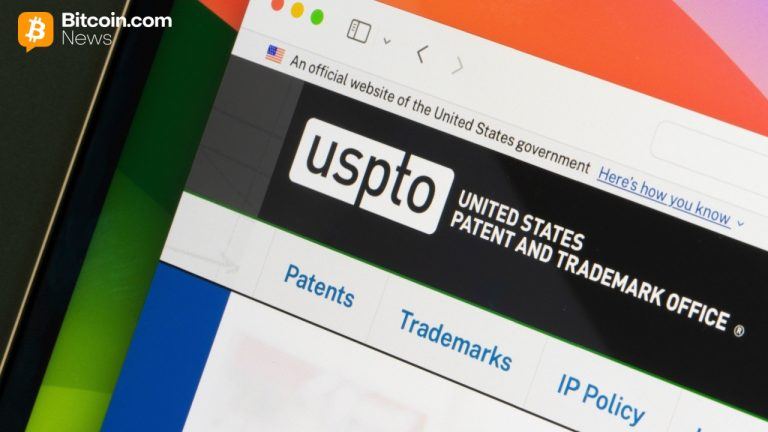
The co-founder of Polygon and other decentralization proponents said the move sets a bad precedent.
Tether, the issuer behind the leading stablecoin Tether (USDT), has blacklisted an address that drained Maximal Extractable Value (MEV) bots for $25 million last week.
The address in question exploited a bug in the MEV-boost relay to outsmart the MEV bots trying to execute a sandwich trade. Sandwiching occurs when one order is placed immediately before the trade and another immediately after it. In essence, the trader will front-run and back-run at the same time, sandwiching the original pending transaction in between.
In this case, the rouge validator address swooped in to back-run the MEV’s transaction, leading to losses of nearly $25 million in various digital assets, making it the largest MEV exploit to date. Etherscan has already flagged the address, warning of its involvement in the exploit.

The USDT address held about $3 million in USDT at the time of blacklisting and a total of $21 million in various other ERC-20 tokens.

The blacklisting of the rouge validator address attracted some pushback from the community for its censorship approach. Arthur, an engineer at the Kraken crypto exchange, called the blacklisting “bullshit,” saying that MEV bots also take advantage of traders and the sandwich trade they were trying to execute was as nefarious as the draining of their funds.
“MEV bots take advantage of mfers and it’s all good, but someone does it to them and they get blacklisted?!”
Another on-chain sleuth who goes by the Twitter name ZachXBT said that the blacklisting by Tether could be the result of a court order. Cointelegraph reached out to Tether to confirm but didn’t get a response by publication time.
Jaynti Kanani, the co-founder of Polygon, called Tether’s action a “bad precedent,” while Fastlane Labs co-founder Jordan Hagan called it the “most concerning DeFi development of 2023.” He added that the main issue is Tether’s willingness to block or unblock “large amounts based on activity in the consensus layer (Beacon Chain).”
This is the most concerning DeFi development of 2023.
— Thogard (@ThogardPvP) April 11, 2023
The bot "victims" signed those transactions and sent them to the relay. They were executed.
The exploit wasnt in DeFi. Tether's block implies they have an opinion on eth's consensus / social layer.
Slippery slope... https://t.co/I4Lf2N6WtG
MEV bots make more money by taking advantage of information about the transactions that are about to be executed. Most often, arbitrage is used to do this (taking advantage of price differences between exchanges).
When an MEV bot notices that someone else is planning to purchase a coin, it positions itself to benefit from the slight price increase that its bid will probably bring about. Front-running the trade, the bot skips the queue and buys the currency for a bit less.
Related: Ethereum validator cashes in 689 ETH from MEV-Boost relay
The MEV bot’s practices are often considered a form of invisible tax. Recently, 27 Ethereum-based projects have joined hands to launch MEV Blocker. The MEV blocker aims to minimize the amount of value extracted from traders.
Magazine: Crypto audits and bug bounties are broken: Here’s how to fix them

You can get bonuses upto $100 FREE BONUS when you:
💰 Install these recommended apps:
💲 SocialGood - 100% Crypto Back on Everyday Shopping
💲 xPortal - The DeFi For The Next Billion
💲 CryptoTab Browser - Lightweight, fast, and ready to mine!
💰 Register on these recommended exchanges:
🟡 Binance🟡 Bitfinex🟡 Bitmart🟡 Bittrex🟡 Bitget
🟡 CoinEx🟡 Crypto.com🟡 Gate.io🟡 Huobi🟡 Kucoin.




















Comments